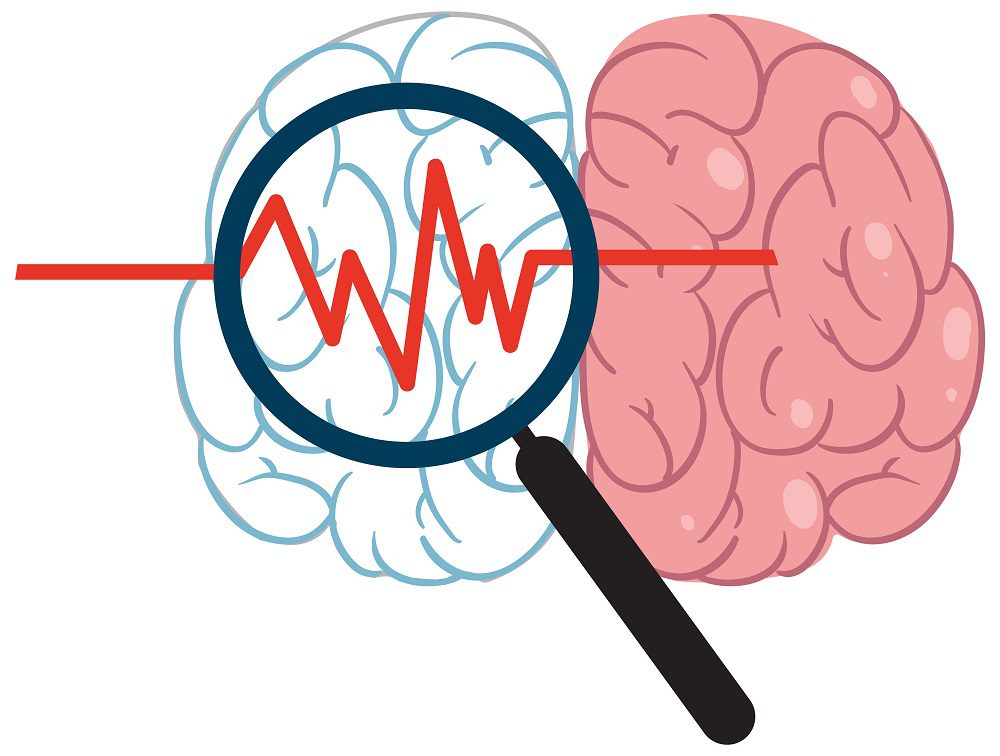Anxiety and fear are evolutionarily conserved emotions that increase the probability of an organism surviving threatening conditions. Anxiety disorders, including panic disorder, specific phobias, social anxiety disorder, and generalized anxiety disorder are the most common mental diseases, with ~14% prevalence. Anxiety and vigilance states are controlled by neural networks involving multiple brain regions. In anxiety diseases, this intricate regulatory system is disturbed, leading to excessive or prolonged anxiety or fear.
Anxiety disorders have both genetic and environmental risk factors. Genetic research has the potential to determine specific genetic variants causally associated with specific phenotypes. In recent decades, genome-wide association studies (GWASs) have indicated variants predisposing to neuropsychiatric diseases, indicating novel neurobiological pathways in the aetiology of these diseases. Anxiety disorders have high comorbidity with other somatic and psychiatric diseases reflected in the high genetic correlation between them















